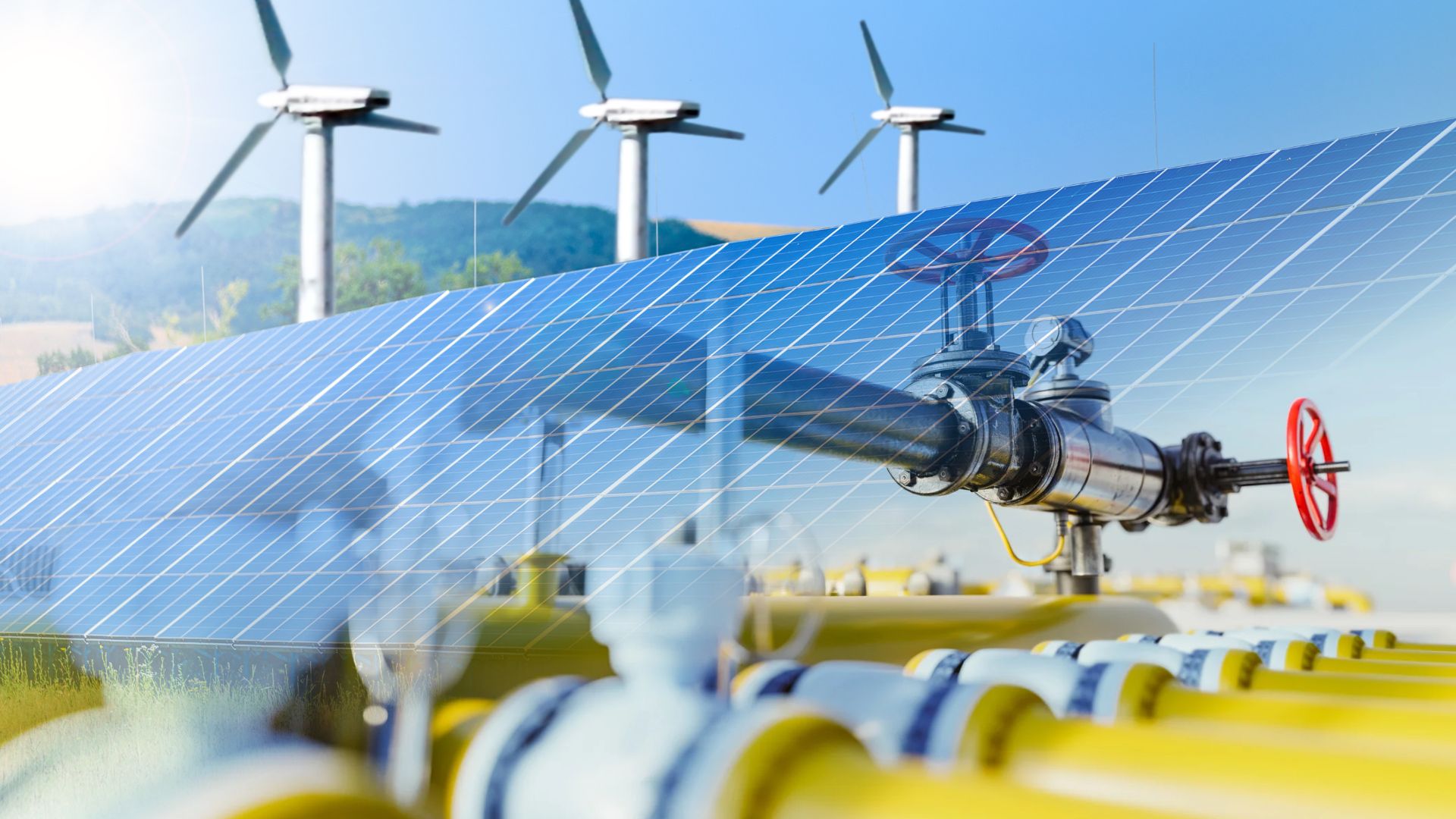
Scaling Back to Move Forward? Unpacking Johnson Matthey’s Hydrogen Decisions
January 28, 2025Navigating Change: Johnson Matthey’s Strategic Decisions
Johnson Matthey, a company with a 200-year legacy in sustainable technology, recently announced significant strategic adjustments aimed at enhancing cash flow and shareholder returns. With pressures mounting from stakeholders like Standard Investments, its largest shareholder with an 11% stake, the company is reevaluating executive compensation structures, reducing capital expenditures in its hydrogen technologies division, and establishing a new investment committee to prioritize cash generation. Although Johnson Matthey’s transformation strategy under CEO Liam Condon has yielded progress, this pivot signifies a sense of urgency to deliver results at an accelerated pace.
Among the key changes, the decision to limit investment in hydrogen technologies and cap spending on this division to just £5 million annually from 2026 stands out. This move aligns with recommendations from stakeholders urging restraint in a sector historically associated with operating losses. For a firm deeply embedded in the clean energy solutions market, this recalibration raises questions about its future in fostering the hydrogen economy.
Advancing Hydrogen Technology for a Greener Future
Johnson Matthey has been at the forefront of hydrogen innovation, leveraging decades of expertise to develop cutting-edge technologies. The company’s portfolio includes solutions like Low Carbon Hydrogen (LCH™) technology, which allows for large-scale hydrogen production while capturing up to 99% of the associated carbon dioxide emissions. This CCS-enabled (Carbon Capture and Storage) approach effectively transforms conventional hydrogen production into a cleaner process, often referred to as “blue hydrogen.”
Further innovations include advancements in “green hydrogen” production through electrolysis, using renewable energy sources like wind or solar. Johnson Matthey also offers ammonia-cracking technologies capable of decomposing ammonia into hydrogen and nitrogen, enabling clean energy use across mobility and power applications.
Additionally, Johnson Matthey plays a significant role in hydrogen fuel cell production. It is the only industrial supplier of membrane electrode assemblies (MEAs) with in-house catalyst and membrane technology—a critical component for transforming hydrogen into electricity with water as the only byproduct.
Recent Developments and Strategic Changes
New developments at Johnson Matthey highlight the balancing act faced by companies in the clean energy transition. Following financial under-performance in late 2022, predominantly due to reduced global vehicle production and challenges in its Platinum Group Metals (PGM) trading segment, the company implemented these new strategies to restore shareholder confidence.
Johnson Matthey’s decision to de-emphasize investment in its hydrogen technologies division marks a notable shift. While hydrogen remains a promising fuel for decarbonizing transportation and industry, the sector’s operating losses have created financial strain. By focusing instead on maximizing current R&D assets and scaling back on high-risk, capital-heavy projects, Johnson Matthey seems to be prioritizing business sustainability over rapid hydrogen expansion.
Despite scaling down direct investment in growth within hydrogen technologies, the company’s decision does not mark a retreat from its broader sustainability ambitions. By leveraging its existing portfolio, particularly technologies like LCH™ and advancements in fuel cells, it continues to support the hydrogen economy while maintaining financial discipline.
Why These Changes Matter and the Timelines Ahead
These adjustments come at a crucial juncture in the global energy transition. With over 90% of global GDP now linked to countries committed to achieving net-zero emissions, decarbonization is no longer optional—it is inevitable. Hydrogen is widely regarded as a “Swiss army knife” in the clean energy toolbox, particularly for sectors like heavy transportation and industrial power where electrification is currently impractical.
Johnson Matthey’s decision to scale back growth investment in hydrogen technologies reflects the realities of competing in a sector still dealing with cost and scale challenges. However, its existing expertise, particularly in blue and green hydrogen production and hydrogen fuel cells, suggests the company will remain a critical player in enabling hydrogen’s role within the clean energy ecosystem. The scaled-back spending will likely allow it to focus on refining its existing solutions, ensuring readiness as hydrogen markets mature.
Looking ahead, Johnson Matthey expects to improve cash conversion levels from 20%-30% in FY2025 to at least 80% by 2026—a timeline indicating near-term financial stabilization and mid-term operational efficiency.



 With over 15 years of reporting hydrogen news, we are your premier source for the latest updates and insights in hydrogen and renewable energy.
With over 15 years of reporting hydrogen news, we are your premier source for the latest updates and insights in hydrogen and renewable energy.